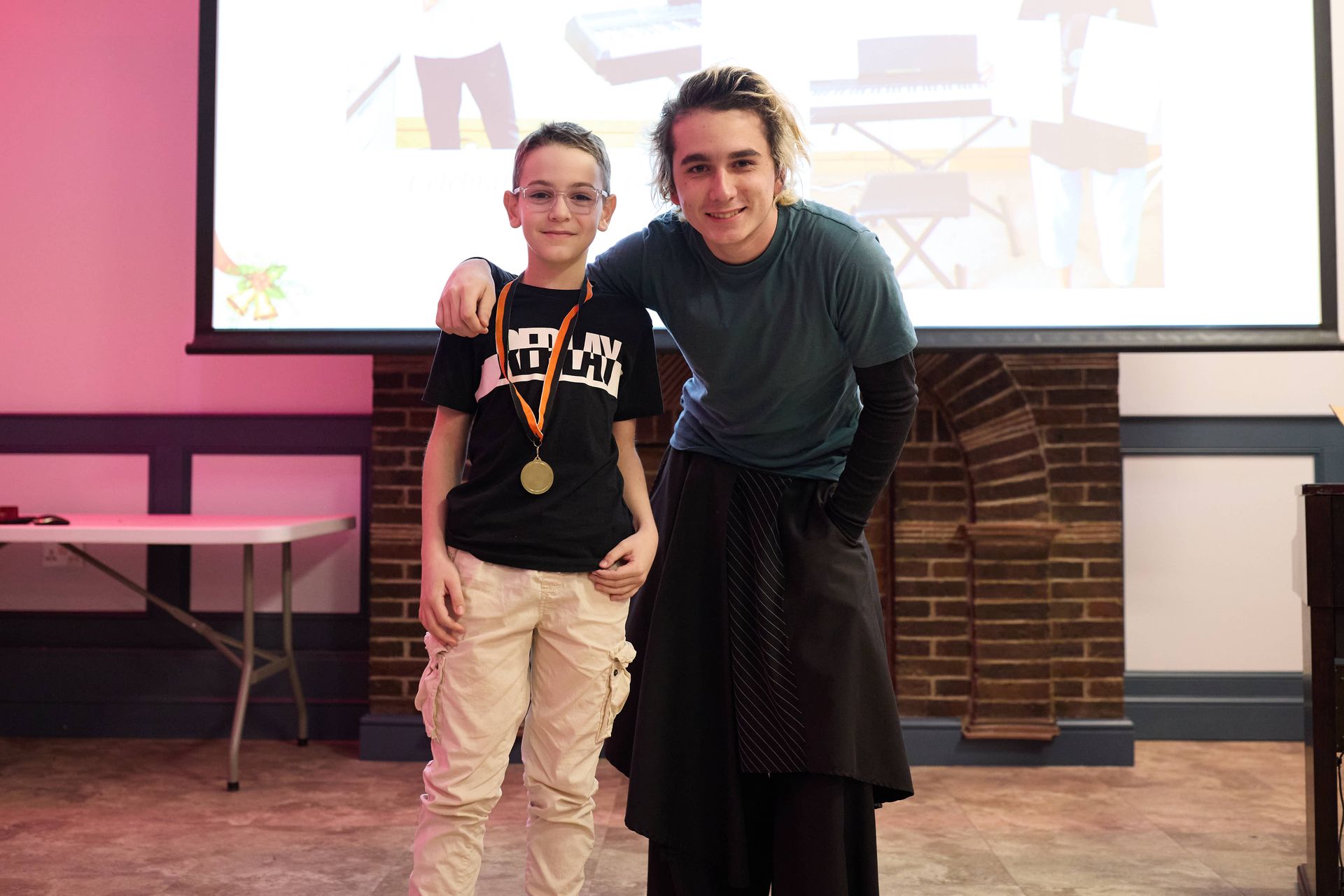By Priyesh Vaghjiani
•
February 2, 2026
If you’ve ever had this thought, you’re not alone. Many parents tell us the same thing: “I want to support my child’s piano learning, but I don’t read music and I don’t play the piano so I’m not sure what I should be looking for.” Tip One: Notice How They Approach the Piano (Not Just What They Play) Progress doesn’t always sound obvious, especially in the early years. Instead of listening for “perfect notes,” try observing: Do they sit down more calmly and confidently than before? Do they begin playing with less hesitation? Do they seem clearer about where to place their hands? These small changes tell us a lot. They show growing familiarity, comfort, and confidence - foundations that matter far more than speed or difficulty at this stage. When practice feels easier or less emotional than it used to, that is progress. Tip Two: Capture Progress Through “Before vs After” Videos For non-musical parents, videos are one of the clearest ways to see progress over time. How to do it: Record your child playing a short piece or exercise Record the same piece again 5-6 lessons later (or when the teacher says it’s “finished”) You’re not looking for perfection. Instead, notice: Confidence: Are they more willing to start? Independence: Do they find their starting position faster? Flow: Are there fewer stops or restarts? Even small improvements matter especially in the first few years of learning. Keep these videos private. They’re not for comparison with others, they're a reminder of how far your child has come. Tip Three: Ask for One Clear “Checkpoint” to Look Out For Progress doesn’t always mean moving up a level or starting a new book. For younger learners, it often shows up as: Starting a piece without prompting Finding hand position independently Playing through without stopping Feeling confident playing for someone else A helpful question to ask the teacher is: “What’s one thing we should notice improving over the next few lessons?” This gives you clarity, keeps expectations realistic, and helps you support practice at home without pressure. A Reassuring Note for Parents Between ages 6–9, piano progress is often gradual and subtle and that’s exactly how it should be. Confidence, comfort at the keyboard, and smoother transitions are just as important as notes and rhythm. By observing small changes, celebrating milestones, and staying aligned with your child’s teacher, you’re already playing a vital role in their musical journey even if you’ve never played the piano yourself. If you have any questions please feel free to reach out!




